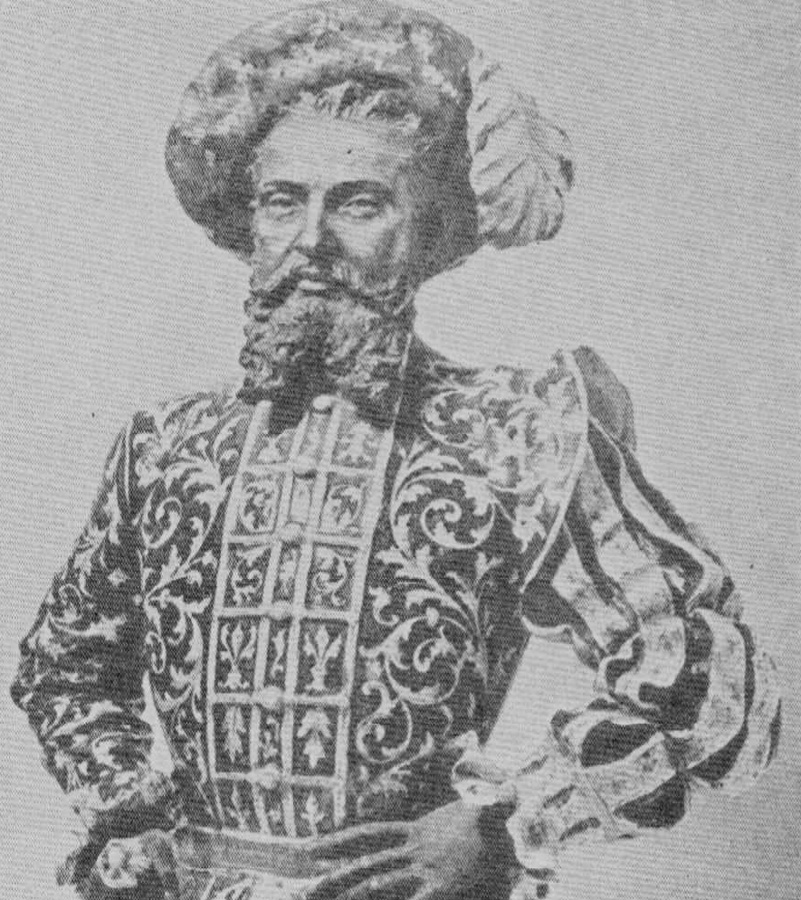
HISTORICAL EVENTS THAT TOOK PLACE ON THIS DAY IN CANADA
17 JANUARY

Bust 0f Verrazano, N.Y. History Collection
Verrazano Sets Sail
The first human beings to come to North America were probably Mongols from northern Asia. They crossed the Bering Strait and gradually made their way south to a warmer climate. The North American Indians descended from them.
There are conflicting stories about the first humans to land on the east coast. One version is that they were monks from the west coast of Ireland who went first to Iceland, and then landed in Nova Scotia about 875 A.D. Other evidence gradually being collected is expected to prove that Norsemen landed on the coasts of Labrador and Nova Scotia about 1000 A.D.
Strangely enough, the next great explorers were the Italians. Christopher Columbus, employed by Spain, John Cabot, working for England, and Giovanni da Verrazano, sent by France, were all Italians.
Verrazano's exploits are not as well known as those of Columbus and Cabot, but he sailed from the Azores on January 17, 1524. He was engaged by King Francis I of France who had finally decided to join the contest between Charles V, the Holy Roman Emperor, and King Henry VIII of England, to find the interoceanic passage between the Atlantic and the Pacific.
Verrazano actually sailed from Dieppe with four ships, but had to leave three of them at Madeira because they were not seaworthy. He then sailed for North America in the Dauphine, arriving at the coast which is now North and South Carolina.
From there he sailed north and entered the Hudson River which he noted would make a good harbor. It is now the port of New York, and the new Verrazano bridge has been erected there in his honor. It has the longest centre span in the world. Gradually Verrazano worked his way north and is believed to have circled Newfoundland.
His great feat had an unhappy ending. When Verrazano returned home, Francis I was engaged in war with Charles V and was defeated. Then Verrazano himself, who had been a pirate and looted ships on the Spanish Main, is believed to have been captured by the Spanish and hanged in chains. Another version is that he was killed and eaten by cannibals in one of the lesser Antilles during his second voyage to America in 1528.
OTHER NOTABLE EVENTS ON THIS DAY IN CANADIAN HISTORY
1
7 JANUARY-1651 Jean de Lauzon was appointed Governor of New France.
-1694 Bishop St. Valier denounced theatrical performances staged at Quebec by Frontenac and Cadillac
-1839 Sir John Colborne took the oath of office as governor-general.
-1861 A mass meeting in Montreal protested the return of slaves to the United States.
-1881 An interprovincial bridge was opened between Ottawa and Hull.
-1933 Newfoundland asked Britain to ap point a Royal Commission to investigate its financial problems.
-1961 Canada returned Polish treasures stored for safe-keeping during the war.